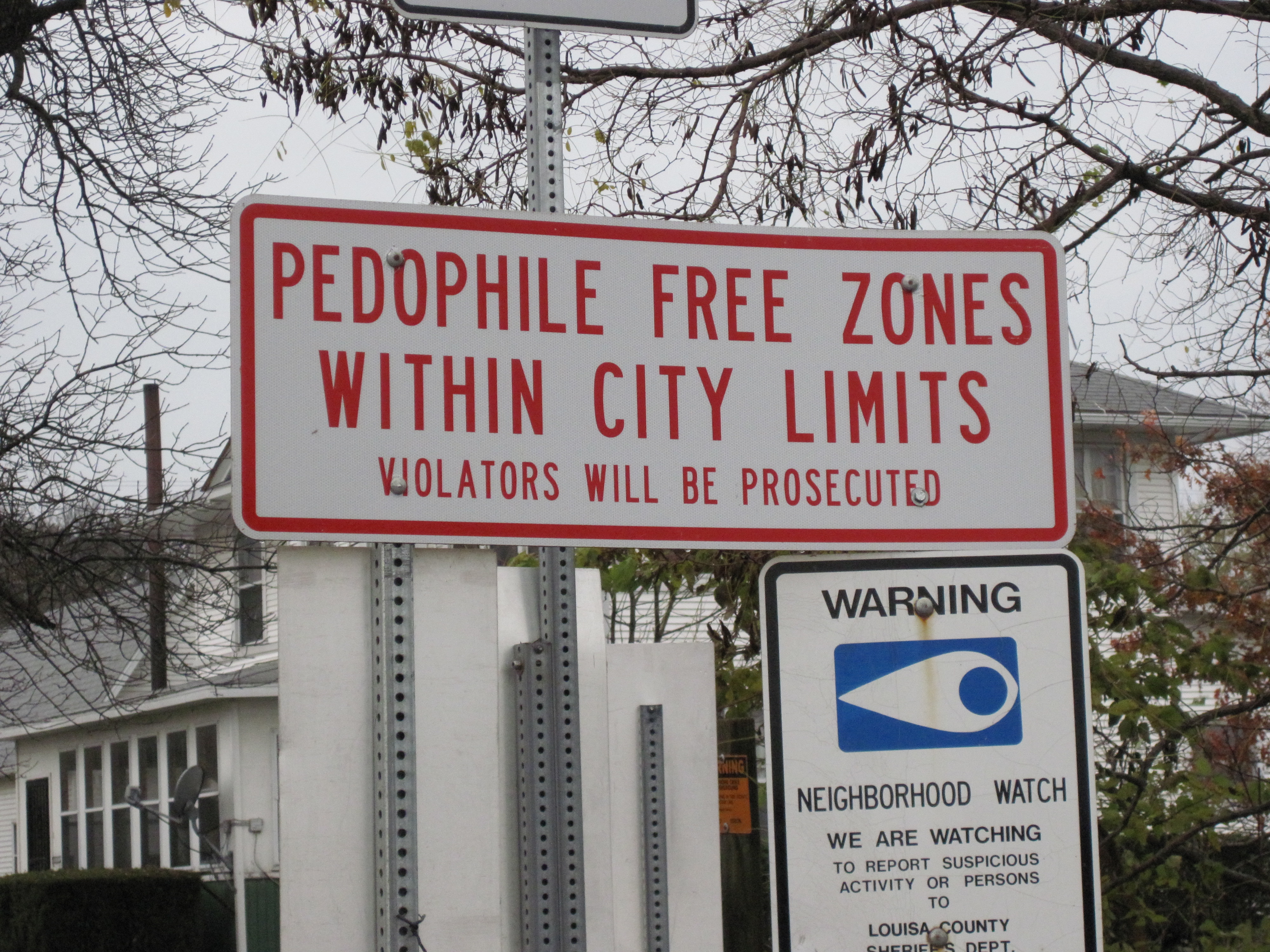|
Texas Obscenity Statute
The Texas obscenity statute is a statute prohibiting the sale of sex toys in Texas. The law was introduced in 1973, and was last updated in 2003. While the law was never formally repealed, in 2008 a U.S. District Judge released a report declaring it to be "facially unconstitutional and unenforceable." History In 1973, the Texas Legislature passed Section 43.21 of the Texas Penal Code, which, in part, prohibited the sale or promotion of "obscene devices." The statute defines "obscene device" as "a device including a dildo or artificial vagina, designed or marketed as useful primarily for the stimulation of human genital organs." The legislation was last updated in 2003, and Section 43.23 currently states, "A person commits an offense if, knowing its content and character, he wholesale promotes or possesses with intent to wholesale promote any obscene material or obscene device." Section (f) of the law also criminalizes the possession of six or more devices (or "multiple identical or ... [...More Info...] [...Related Items...] OR: [Wikipedia] [Google] [Baidu] |
Statute
A statute is a formal written enactment of a legislative authority that governs the legal entities of a city, state, or country by way of consent. Typically, statutes command or prohibit something, or declare policy. Statutes are rules made by legislative bodies; they are distinguished from case law or precedent, which is decided by courts, and regulations issued by government agencies. Publication and organization In virtually all countries, newly enacted statutes are published and distributed so that everyone can look up the statutory law. This can be done in the form of a government gazette which may include other kinds of legal notices released by the government, or in the form of a series of books whose content is limited to legislative acts. In either form, statutes are traditionally published in chronological order based on date of enactment. A universal problem encountered by lawmakers throughout human history is how to organize published statutes. Such publications h ... [...More Info...] [...Related Items...] OR: [Wikipedia] [Google] [Baidu] |
Fourteenth Amendment To The United States Constitution
The Fourteenth Amendment (Amendment XIV) to the United States Constitution was adopted on July 9, 1868, as one of the Reconstruction Amendments. Often considered as one of the most consequential amendments, it addresses citizenship rights and equal protection under the law and was proposed in response to issues related to former slaves following the American Civil War. The amendment was bitterly contested, particularly by the states of the defeated Confederacy, which were forced to ratify it in order to regain representation in Congress. The amendment, particularly its first section, is one of the most litigated parts of the Constitution, forming the basis for landmark Supreme Court decisions such as ''Brown v. Board of Education'' (1954) regarding racial segregation, ''Roe v. Wade'' (1973) regarding abortion ( overturned in 2022), ''Bush v. Gore'' (2000) regarding the 2000 presidential election, and ''Obergefell v. Hodges'' (2015) regarding same-sex marriage. The amendment ... [...More Info...] [...Related Items...] OR: [Wikipedia] [Google] [Baidu] |
Sex Offender Registration
A sex offender registry is a system in various countries designed to allow government authorities to keep track of the activities of sex offenders, including those who have completed their criminal sentences. In some jurisdictions, registration is accompanied by residential address notification requirements. In many jurisdictions, registered sex offenders are subject to additional restrictions, including on housing. Those on parole or probation may be subject to restrictions that do not apply to other parolees or probationers. Sometimes, these include (or have been proposed to include) restrictions on being in the presence of underage persons (under the age of majority), living in proximity to a school or day care center, owning toys or items targeted towards children, or using the Internet. Sex offender registries exist in many English-speaking countries, including Australia, Canada, New Zealand, the United States, Trinidad and Tobago, Jamaica, South Africa, the United Kingdom, an ... [...More Info...] [...Related Items...] OR: [Wikipedia] [Google] [Baidu] |
Texas Statutes
Texas (, ; Spanish: ''Texas'', ''Tejas'') is a state in the South Central region of the United States. At 268,596 square miles (695,662 km2), and with more than 29.1 million residents in 2020, it is the second-largest U.S. state by both area (after Alaska) and population (after California). Texas shares borders with the states of Louisiana to the east, Arkansas to the northeast, Oklahoma to the north, New Mexico to the west, and the Mexican states of Chihuahua, Coahuila, Nuevo León, and Tamaulipas to the south and southwest; and has a coastline with the Gulf of Mexico to the southeast. Houston is the most populous city in Texas and the fourth-largest in the U.S., while San Antonio is the second most populous in the state and seventh-largest in the U.S. Dallas–Fort Worth and Greater Houston are, respectively, the fourth- and fifth-largest metropolitan statistical areas in the country. Other major cities include Austin, the second most populous state capital in th ... [...More Info...] [...Related Items...] OR: [Wikipedia] [Google] [Baidu] |



